The network has achieved 38,000 annual units before, so the capability is there already, he added.
Mitsubishi’s UK sales are heavily weighted towards private consumers.
However, as a brand with all-wheel drive DNA it also has appeal to certain fleet and contract hire customers.
Thanks to its own Specialist Vehicle Operations centre in Cirencester, it is able to equip and modify vehicles to specification for police services and government agencies and this means that when it competes for tenders the convenience and expertise will factor as well as the price.
Aftersales driving loyalty
One of the crucial pillars which supported the UK’s Mitsubishi dealers through a tough 2012 was aftersales retention.
A Mitsubishi Service Plan (MSP) was launched five years ago after the brand’s analysis of new car buyers’ loyalty showed that by year three it had dropped to between 40-50% from 90% in year one.
Now 91% of customers buy the plan when they buy their car and loyalty at the three year service is above 90%.
Bradley is also proud that Mitsubishi’s 154-strong network, most of which are owner-driver businesses, gets a 73% rating on Net Promoter Score.
Electronic vehicle health checks are encouraged.
Bradley said it was a challenge because some aftersales staff felt uncomfortable making sales, but in-house training has been laid on to overcome this and is working quite well.
For 4+ year cars the company supports a Value Servicing programme, priced from £100 up to £150 for a Shogun, which is focused on the basics such as oil changes, fluid top-ups and brake checks.
To further support that is a value parts programme, with cheaper wear and tear items such as clutches, exhausts, engine belts and brake pads. In two years it has grown into £1m of sales.
Mitsubishi dealers are supported in providing aftersales for any used cars they sell.
This month the importer has launched a used car Mitsubishi Service Plan programme, linked in with breakdown cover and other benefits, which can be sold with the non-franchise used cars a Mitsubishi franchisee may sell.
“We’re not aiming to become Kwik-Fit, but where people have bought another used car from a dealer, it would be nice to offer programmes that keep them coming back to that dealer.”
“That’s a demonstration of how focused we are on dealer
profitability,” said Bradley.
“It’s also an investment, if that customer keeps coming back maybe one day they’ll buy a Mitsubishi.”
What does Mitsubishi stand for?
Three quarters of its models are four-wheel driven and it sells the market-leading pick-up truck yet it has a couple of relatively low cost, functional runabouts in its range and even an electric car too.
How does that all fit together?
Lance Bradley admitted it’s most famous as a manufacturer of 4x4s and said that is hugely important for the brand.
Yet in recent years it has made strides for efficiency, predominantly to improve its 4x4s, but also using its knowledge to create the Mirage range with every model coming under 100g/km CO2. He also expects every model line in Mitsubishi’s range to have a hybrid or full electric powertrain option within five years.
This starts with the launch of the Outlander PHEV plug-in hybrid this year, which offers 32 miles full electric range and potentially 148mpg on the official European test cycle.
Bradley described it as “a serious game-changer” and said he’ll strive to ensure it is priced competitively against diesel SUVs. IMiev, Mitsubishi’s electric city car, still has a place in the range and since last year has now been stocked by every dealer in the network.
Bradley said that decision was made to “normalise it” and help everyone understand it in preparation for the plug-in models.

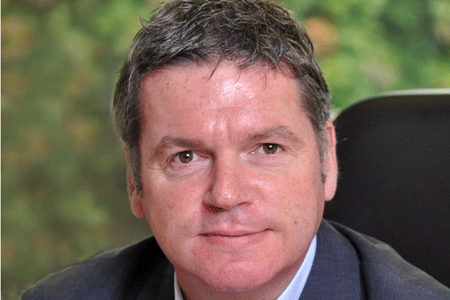




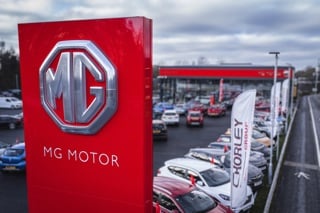
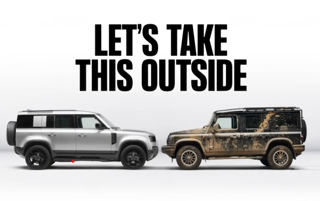
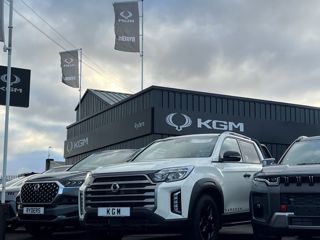
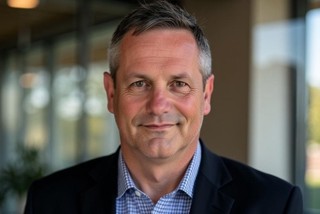












Login to comment
Comments
No comments have been made yet.